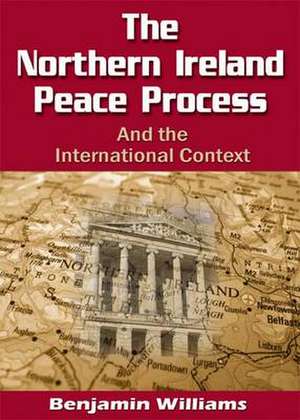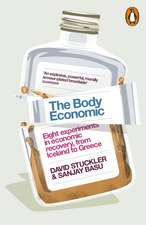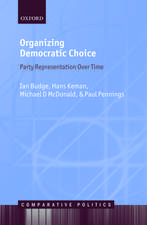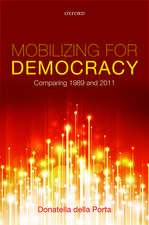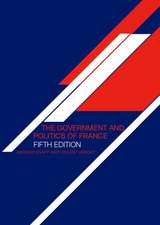The Northern Ireland Peace Process and the International Context
Autor Benjamin Williamsen Limba Engleză Paperback – 7 apr 2010
Preț: 88.03 lei
Nou
Puncte Express: 132
Preț estimativ în valută:
16.85€ • 17.52$ • 13.91£
16.85€ • 17.52$ • 13.91£
Carte tipărită la comandă
Livrare economică 11-17 aprilie
Preluare comenzi: 021 569.72.76
Specificații
ISBN-13: 9781905809844
ISBN-10: 1905809840
Pagini: 52
Dimensiuni: 148 x 210 x 3 mm
Greutate: 0.08 kg
Editura: Pneuma Springs Publishing
ISBN-10: 1905809840
Pagini: 52
Dimensiuni: 148 x 210 x 3 mm
Greutate: 0.08 kg
Editura: Pneuma Springs Publishing
Cuprins
Introduction
Chapter
One:
How
international
diplomacy,
events
and
foreign
statesmen
have
influenced
the
Northern
Ireland
conflict
since
1985
Chapter
Two:
How
did
the
active
participants
in
the
Northern
Ireland
conflict
view
such
external,
international
influences?
Chapter
Three:
How
significant
were
such
external
factors
in
establishing
and
maintaining
the
1998
peace
settlement?
Conclusion
and
Overview
Bibliography
and
Further
Reading
